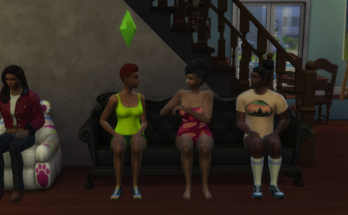Please note, there is one important parameter for each of these conditions: while each must be present for a site to create possibilities for feminism, none can be fixed, immutable, or inaccessible. Instead, each of the principles listed below must be linked to a transparent method that allows them to be open to question, debate, change, and participate in their ongoing construction:
<iframe width=”560″ height=”315″ src=”http://www.youtube.com/embed/J_TxPQKcG7w” frameborder=”0″ allowfullscreen></iframe>
- rules of engagement: clearly stated, and principled.
- warranted users with a visible connection to their lived bodies: anonymity breeds hate; the loss of the body erases the politics of identity, place, and society
- hierarchies as needed: leaders, mentors, organizers, builders are needed
- shared authoring: yet every user is allowed the full authority of her voice
- shared language: a common vocabulary, connected to a feminist analysis or positionality (or from other political movements) allows for facility of conversation, as well as a sence of community
- shared political beliefs: a common set of beliefs about the world, and how it might change, are the foundation for change.
- collaboration: users should encounter possibilities to do things together
- respect: is a baseline for interaction
- process: discussions about how things are done, how things feel, how things could be better experientially are understood as central to the workings and content of the site

